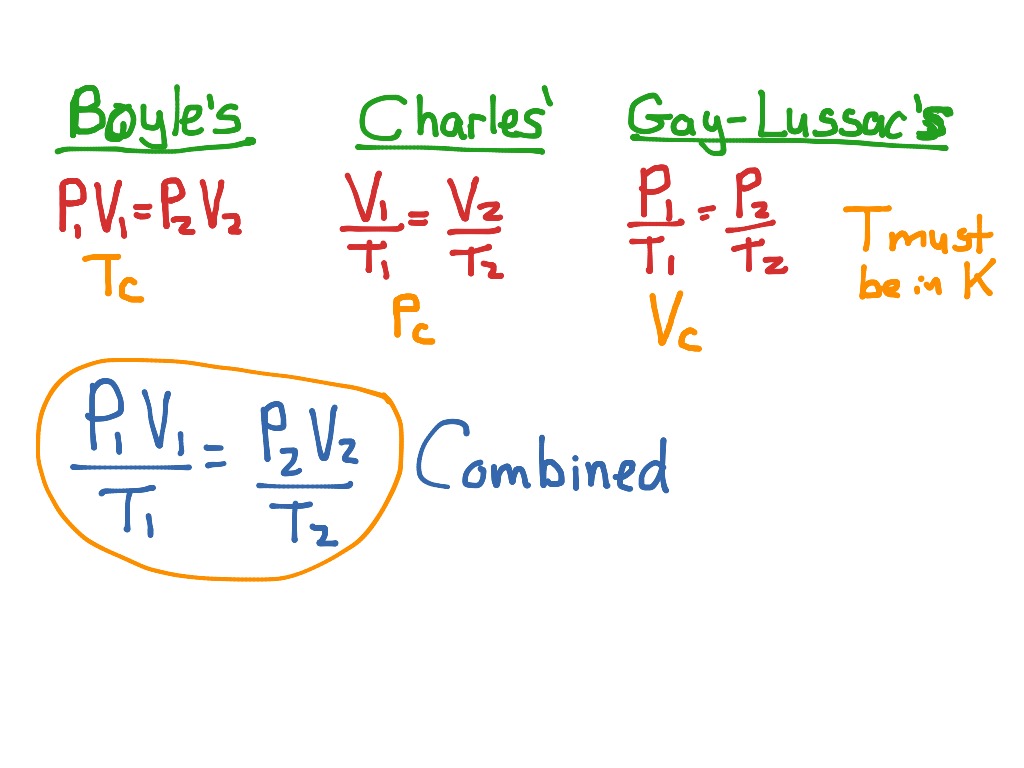Some people may have already started their courses but plenty haven't and this really applies to your whole first year...
You'll notice plenty of these are maths topics and yes, you will spend a lot of your time doing maths! No matter your specific interests in physics all these topics will be useful to you. As always, this list is not exhaustive. I've given a brief description of why I think its useful to revise a give topic but this is more of a list than an article.
(Image Credit: LinkedKey)
You'd be lucky to go a lectures in physics without using a sizeable amount of calculus. For differentiation have the chain and product rules easily deploy-able, quotient rule is less common but never hurts to be prepared. Have integration by parts and some common substitutions in your head as well. Physicists often memorise standard results, usually e.g. for trigonometric functions. You should have the basic trig. functions results memorised, hyperbolic trig. functions are something a number of students haven't covered before so don't worry about those (yet).

(Image Credit: The Great Courses)
These are also very useful and crop up all the time in physics. Its fair to say that different A-level specifications cover different topics in differential equations and to different levels. But revising anything you've covered regarding differential equations would be very helpful for your coming studies.

(Image Credit: YouTube)
In A-level physics they really don't convey to you quite how important SHM/SHO is for so many problems you'll look at in your degree. You'll study this example a lot more and link it to differential equations in your degree. But having a really strong understanding of the material you covered at A-level on SHO will definitely come in useful.

(Image Credit: Bob Koberlein)
Yes, although not circuit theory so much. And certainly not in the guise of the above Lagrangian... The most important thing is your understanding of electric and magnetic fields and how the combined field (electromagnetic field) effects systems like free charged particles. You'll probably study the basics of classical electrodynamics in your first year and a strong conceptual basis will make this a lot easier.

(Image Credit: Book Depository)
Like can link into electromagnetism. Understanding frequency, wavelength, amplitude and such is very important. Knowing about photons and the consequences of the photo electric effects (some concepts in quantum mechanics basics can help too) will also come in useful. The de Brogile wavelength and associated foundations of quantum mechanics will be useful later as well.

(Image Credit: TeePublic)
You knew you'd need it. A classical mechanics module will inevitably come up in your first term, it will work up from where you left of at A-level. Some courses revise the infamous 'SUVAT' equations others won't. My advice is to treat this like calculus, its really bread and butter stuff you need to have it at your command. Rotational mechanics will be expanded on significantly so make sure you are good with the basics you did at A-level. Newtonian gravity will also come up.

(Image Credit: David Huynh)
Your understanding of vectors may be from a trigonometric point of view or a column vector point of view. Both will be useful, vectors are another key piece of mathematics that physicists use all the time and you will only use them more as you progress through your course.

(Image Credit: ShowMe)
Ah you thought you'd be leaving this behind and getting straight to string theory... not yet. You'll study classical matter theory at some point in your first two years (likely your first), ideal gases will be featuring on a regular basis. Any other material you covered relating to solids, liquids and gases will probably be useful too.

(Image Credit: Kaggle)
Yep, I hate them but labs are a part of physics degrees (most of them anyway). The experiments you do are often very different to A-level but your ability to work with data is very transferable. Understanding errors, fitting data, interpreting equations in a graphical context and all that stuff is all going to come in useful. More formal statistics is also going to be important, mapping standard deviations (a basic example) are something you'll use all the time (I know to some other sciences the idea of SDs being more advanced is laughable but trust me... many physics students arrive thinking they won't need stats). I'd also encourage you to learn some coding, Python is a common language in physics, I wish I had...
Things that you won't actually need...
You might be saddened to here that you won't need material from the following areas (at least not immediately):
- Particle physics (typically 3rd year)
- Nuclear physics (typically 2nd year)
- Astrophysics (across 2nd/3rd year, sometimes a bit in 1st year)
You'll be glad to here that most courses cover some basic quantum mechanics and special relativity in the first year. These are the modern topics most students look forward to, but for my money the more classical topics can be just as much fun!
If you haven't covered some of the above topics in great detail don't worry, everyone goes into university knowing some stuff others don't and not knowing stuff others do. The first year is designed to get everyone on a level playing field, then the meat mincer of second year starts! I reckon the top three most important are: Calculus, Classical Mechanics and Statistics. The others you could pickup along the way but a basic understanding of these is key!




No comments:
Post a Comment